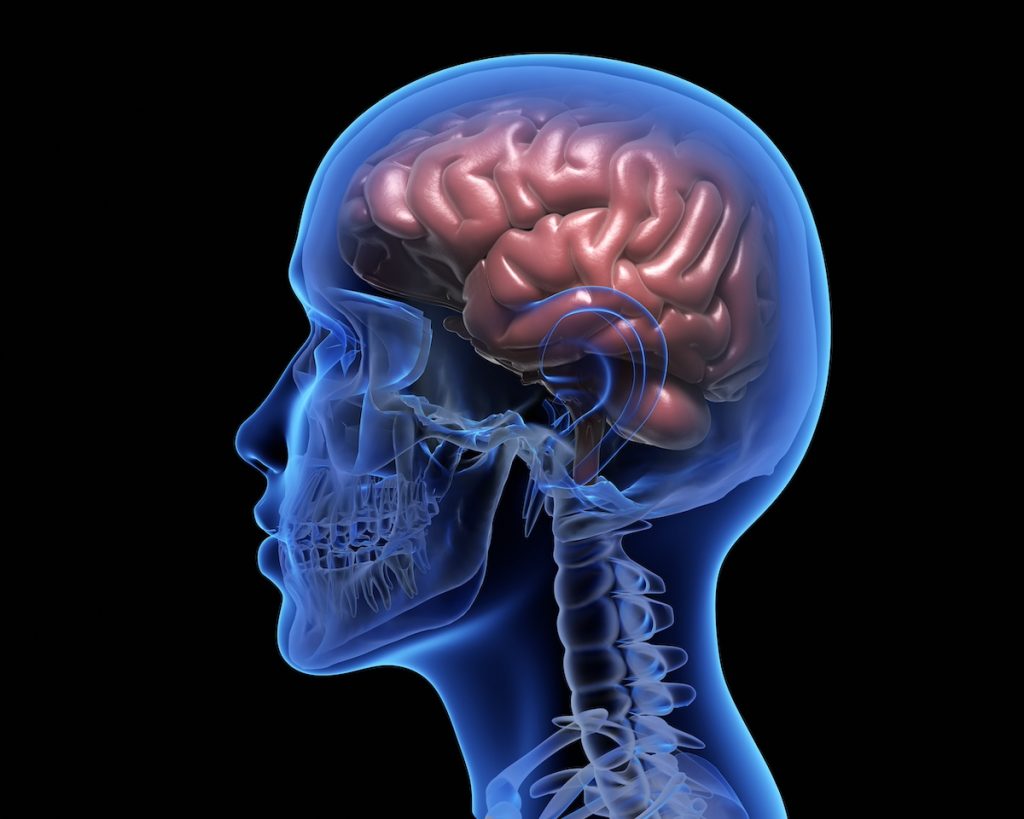
Understanding Childhood Trauma: Unraveling Its Impact and Pathways to Healing
May 20, 2024
Understanding Anxiety: What Type of Anxiety Do I Have?
May 27, 2024Trauma is not merely an event that leaves scars on the surface; it etches its mark deep within the brain’s recesses, reshaping neural pathways and altering fundamental cognitive and emotional processes. In this blog, we delve into the intricate interplay between trauma and the brain, shedding light on how traumatic experiences can profoundly influence brain function and structure.

How Does Trauma Affect the Brain?
Trauma, whether experienced firsthand or witnessed, triggers a cascade of physiological responses within the brain, disrupting its delicate equilibrium and hijacking its normal functioning. The brain’s stress response system, centered around the amygdala, hippocampus, and prefrontal cortex, plays a pivotal role in processing and regulating emotions, memories, and physiological reactions to stress.
During a traumatic event, the amygdala, often called the brain’s fear center, becomes hyperactivated, triggering an immediate fight, flight or freeze response. The heightened arousal primes the body to respond to perceived threats, flooding the bloodstream with stress hormones such as cortisol and adrenaline. Meanwhile, the hippocampus, responsible for encoding and consolidating memories, may struggle to form coherent narratives of the traumatic experience, leading to fragmented or distorted recollections.
In cases of chronic or severe trauma, repeated exposure to stress can lead to structural and functional changes in the brain, particularly in regions associated with emotion regulation and executive functioning. The prefrontal cortex, which governs higher-order cognitive processes such as decision-making, impulse control, and social behavior, may exhibit reduced volume and connectivity, impairing individuals’ ability to modulate emotions and navigate complex social interactions.
Trauma Brain vs. Normal Brain
Comparing the neural architecture of a trauma-affected brain to that of a neurotypical brain reveals striking differences in both structure and function. A normal brain exhibits balanced activity across various regions, seamlessly integrating sensory information, emotions, and memories. A trauma-affected brain may display dysregulation and hyperactivity in key areas associated with stress processing and emotional regulation.
Functional neuroimaging studies have shown that individuals with a history of trauma often exhibit heightened amygdala reactivity and reduced prefrontal cortex activation when exposed to trauma-related cues or emotional stimuli. This imbalance in neural circuitry contributes to hypervigilance, emotional dysregulation, and intrusive memories characteristic of post-traumatic stress disorder (PTSD) and other trauma-related disorders.
Moreover, chronic exposure to stress hormones can lead to neurotoxic effects on the brain, damaging neuronal structures and impairing neuroplasticity—the brain’s ability to adapt and reorganize in response to new experiences. These alterations in brain chemistry and connectivity may underlie symptoms such as dissociation, memory disturbances, and difficulty concentrating, which are commonly observed in individuals with a history of trauma.
The Brain and Trauma: A Complex Interplay
Trauma does not merely leave a temporary imprint on the brain; it rewires its circuitry in enduring and sometimes insidious ways. The long-term consequences of trauma extend beyond psychological distress, encompassing alterations in neurobiology, cognition, and behavior that can persist across the lifespan.
However, the brain’s remarkable plasticity also offers hope for healing and recovery. Through trauma-informed interventions such as therapy, mindfulness practices, and pharmacotherapy, individuals can begin to unravel the tangled web of trauma and cultivate resilience in the face of adversity.
By fostering a supportive environment that acknowledges the profound impact of trauma on the brain, we can empower survivors to reclaim agency over their lives and embark on a journey toward healing and wholeness.
Trauma leaves an indelible imprint on the brain, reshaping its structure and function in profound and complex ways. By understanding the neurobiological underpinnings, we can better appreciate the challenges faced by survivors and develop more effective interventions to support their healing journey.
Through compassion, empathy, and trauma-informed care, we can pave the way for a brighter future where the scars of trauma are not the end of the story but a testament to the resilience of the human spirit.
_________________________________________________________________________________
Looking for treatment for an eating disorder, anxiety, depression, trauma, or postpartum mood disorder?
Evolve Counseling Services is a specialized team of Licensed Therapists providing treatment in Paoli.



